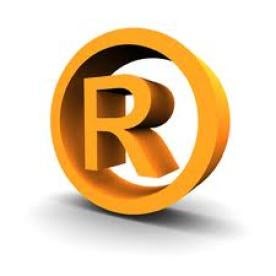A recent decision by the Court of Milan found that a trade mark owner who had consented to products being sold in the European Economic Area (EEA), but only through authorised retailers, could make a claim for trade mark infringement where the product was sold by an unauthorised retailer. This case highlights the effectiveness of implementing a selective distribution system for product manufacturers looking for new ways to protect their brand
Background
Landoll S.r.L, an Italian manufacturer of professional cosmetics bearing the trade marks NASHI and NASHI ARGAN, sells its products through a selective distribution system. Essentially, retailers are only authorised to sell Landoll’s products if they meet certain criteria such as that the products must be applied by trained beauty professionals. Landoll successfully obtained a preliminary injunction to stop a retailer who had not been authorised under these criteria making sales via its website and via a third party online marketplace
Trade Mark Rights and Selective Distribution
The principle of exhaustion provides that a trade mark owner may not oppose the further commercialisation of goods that bear their trade mark and are distributed in the EEA with their consent, unless there are “legitimate reasons” to do so. The retailer argued that, under this principle, it was entitled to sell the NASHI products in the EEA
The Court of Milan found, applying the Coty judgment of the Court of Justice of the EU, that Landoll had implemented a legitimate selective distribution system, limiting the distribution of its products to authorised dealers in order to safeguard the brand of its products. It also found that the retailer’s actions resulted in actual harm to the NASHI brands. On this basis, the court found that there was a “legitimate reason” preventing the operation of the exhaustion principle
Outcome
The Court ordered withdrawal of the products from the market along with an order for publication of the injunction on the reseller’s website for 30 days. As this was a preliminary injunction decision, there is no final decision on the matter as yet. However, this judgment will be persuasive for other courts applying EU trade mark law and we expect the reasoning to be followed in similar actions
The decision is good news for trade mark holders who already have a selective distribution system in place, as it establishes that such holders may use their IP rights to limit unauthorised sales as well as through competition law. For trade mark holders who do not operate such a distribution model, this case provides a clear illustration as to why they should consider whether changes to their models may be appropriate in order to ensure their branded products are adequately protected.





 i
i

